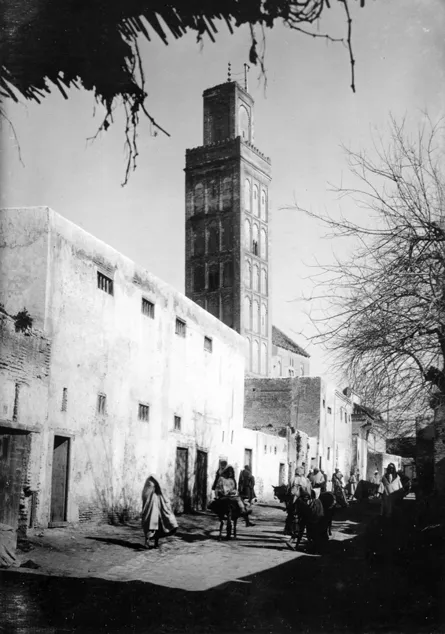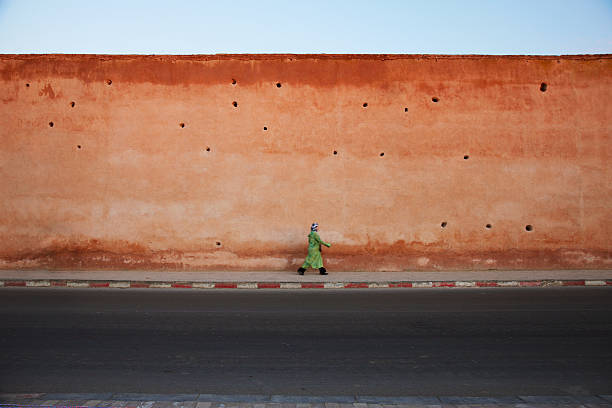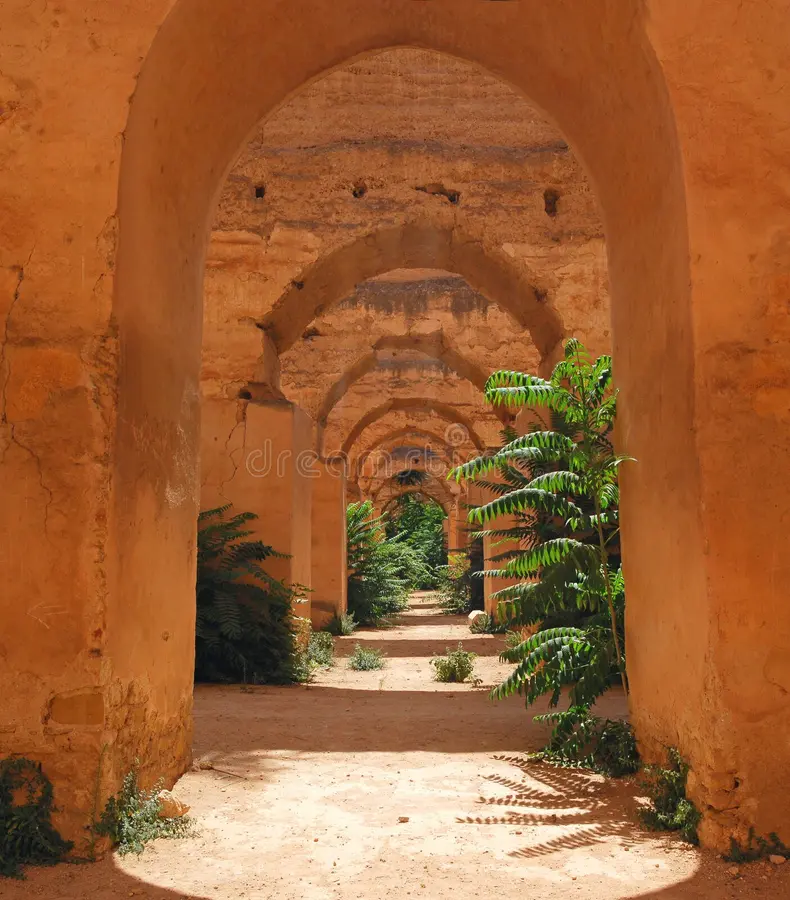MEKNÈS, AN OPEN SKY CANVAS OF ART.
Experience the harmonious blend of history and contemporary allure in Meknès, where the city's vibrant cultural tapestry unfolds against the backdrop of an open sky canvas of art.

Timeless Tale: Meknès
Imperial
Founded in the 9th century by the Idrisid dynasty, Meknès has traversed the ages, leaving an indelible mark on the history of Morocco. It gained particular significance in the 17th century under the rule of Sultan Moulay Ismaïl, who made the city his imperial capital. During this prosperous period between 1672 and 1727, Meknès experienced a time of prosperity and remarkable construction, creating splendid structures such as monumental gates, palaces, and gardens. However, after the death of Moulay Ismaïl, the imperial capital lost some of its luster. Today, Meknès remains a living testament to its rich past, with its historical medinas, architectural remnants, and an ambiance steeped in centuries-old history.

Living Heritage: Meknès
Epic
The medina of Meknès and the remains of the royal palace have earned it UNESCO World Heritage status. On El Hedime Square, Bab Mansour is the gateway to the medina. It is a masterpiece of Hispano-Moorish art. Be sure not to miss the stables and royal granaries of Sultan Moulay Ismail. North of Meknès extends the largest Roman archaeological site in Morocco: Volubilis. Triumphal arch, Capitol, House of Bacchus, everything testifies to the splendor the city once knew and its economic and political weight. Imperial, eternal city, Meknès offers you the experience of a timeless stay, at the crossroads of the present and history.

Meknès, a Thermal Destination
with Multiple Virtues
The surroundings of Meknès are even more enticing than its imperial character. Overlooking the "Saiss" plains, several streams traverse the hills and water the entire area around it. It is around this geographical richness that several thermal stations have emerged: therapeutic and aesthetic spring water can be found here. It's no wonder that crowds rush to "Moulay Yacoub" or "Ain Salama". The traditional yet modern setting fits perfectly between its old streets, thermal stations, and the surrounding landscapes! Bonus, you can also stroll through the streets of "Moulay Yacoub," which is a cliché place to collect memories of Morocco.